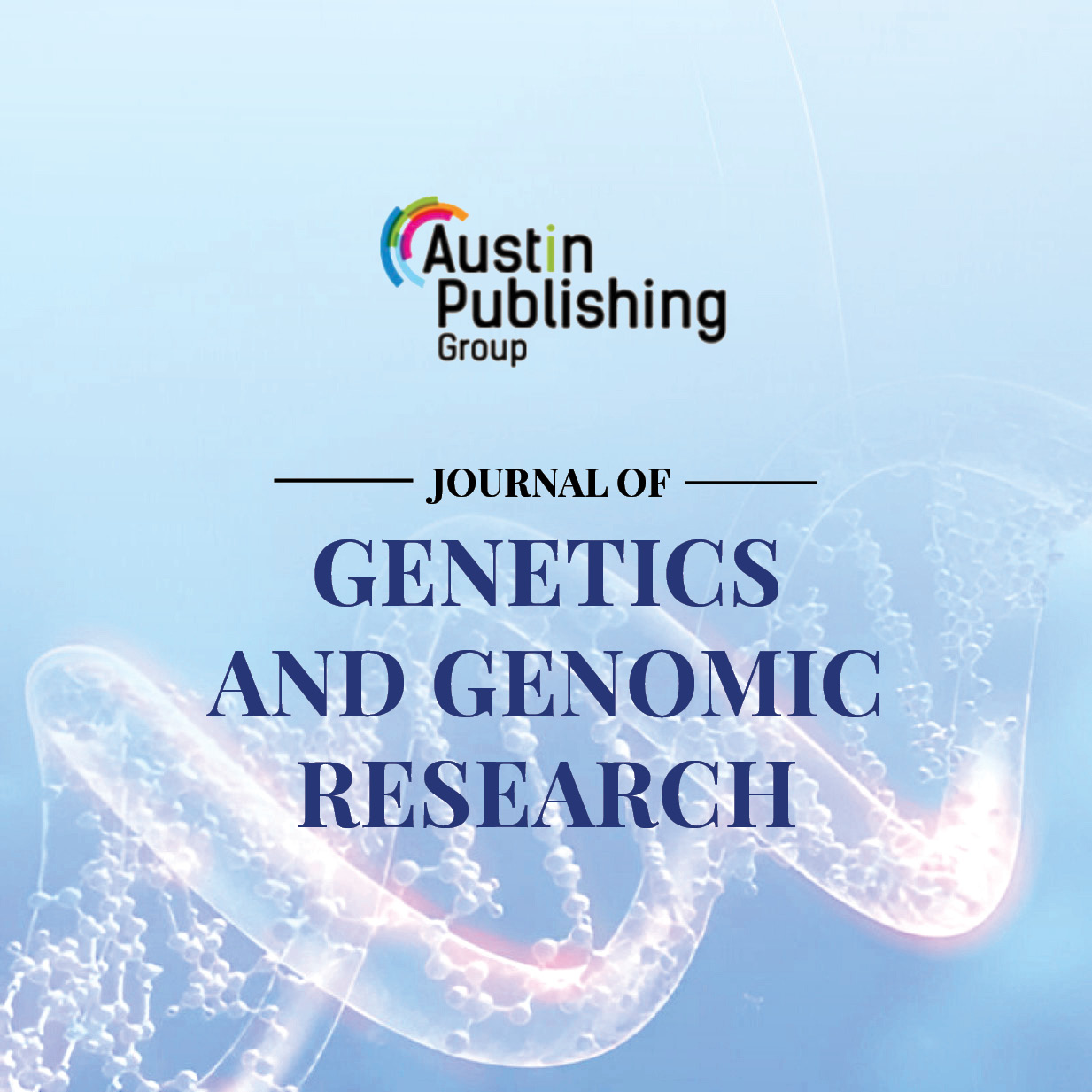

About Conference
Dear
Colleagues,
Apex Global Meetings is delighted
to announce and cordially invites all the participants across the globe to
attend the 2nd Global
Summit on Human Genetics and Genetical Disorders (GSHGGD2025), which
will be taking place during September 11-13, 2025, Kuala
Lumpur, Malaysia.
The theme would aim to Advancements in Genetical
Engineering and Regenerative Medicine. Scientific Tracks designed
for this conference will enable the attendees and participants to learn
extremes.
GSHGGD2025 aims to gather
the renowned scientists, young and brilliant researchers, academicians,
healthcare professionals, and business delegates, and exceptional student
communities across the globe under one roof and organize a healthy discussion
so that the researchers and authors can present their work at the conference.
We would like to strongly encourage you to submit your abstracts and register
to attend GSHGGD2025 in order to share your achievements in the fields of Genetics
and genetic Disorders.
We look forward to your valuable
presence at GSHGGD2025 during September 11-13, 2025, in Kuala Lumpur,
Malaysia.
Regards,
Divya P | Sr. Event Manager
GSHGGD2025
Apex Global Meetings | gshggd@apexglobalmeetings.com
Ph.:+918977610040
DNA (Deoxyribonucleic Acid): The molecule that carries genetic instructions used in the growth, development, functioning, and reproduction of all known living organisms.
Gene: A segment of DNA that contains coding information for the synthesis of proteins, which determine traits in an organism.
Chromosome: A thread-like structure composed of DNA and protein that contains genes; humans have 23 pairs of chromosomes.
Genome: The complete set of genes or genetic material present in a cell or organism.
Mutation: A change in the DNA sequence that can lead to variations in traits or cause genetic disorders.
Genotype: The genetic constitution of an individual organism, often contrasted with phenotype.
Phenotype: The observable physical or biochemical characteristics of an organism, as determined by both genetic makeup and environmental influences.
Allele: One of two or more versions of a gene that are found at the same place on a chromosome.
Dominant Trait: A genetic trait that is expressed in the phenotype even when only one copy of the gene is present.
Recessive Trait: A genetic trait that is expressed only when two copies of the gene are present.
Genetic Variation: Differences in DNA sequences among individuals within a population, leading to diversity in traits.
Mendelian Inheritance: The pattern of inheritance that follows the laws formulated by Gregor Mendel, based on the segregation and independent assortment of genes.
Genetic Engineering: The deliberate modification of the characteristics of an organism by manipulating its genetic material.
CRISPR-Cas9: A powerful tool for editing genomes, allowing researchers to alter DNA sequences and modify gene function.
Epigenetics: The study of changes in gene expression that do not involve alterations to the underlying DNA sequence.
Genetic Disorder: A disease or condition caused by an abnormality in an individual's DNA.
Heritability: The proportion of observed variation in a particular trait among individuals in a population that is due to genetic differences.
Genetic Linkage: The tendency of genes located close together on a chromosome to be inherited together.
Polygenic Traits: Traits that are controlled by multiple genes, often contributing to complex traits like height and skin color.
Genome Sequencing: The process of determining the complete DNA sequence of an organism's genome at a single time.
Important Dates
Abstract Submission Deadline
August 10, 2025Earlybird Registration Deadline
November 05, 2024Standard Registration Deadline
April 05, 2025Onspot Registration
September 11, 2025Supporting Journal Collaborations
Registration
Registration Includes
- Access to all conference sessions, poster and exhibition area
- Conference kit including name tag, program booklet and Abstracts book
- 2 Coffee breaks and lunch for all the event days of the conference
- Certificate of participation from Conference chair/ Session chair
- Access to the all scientific sessions
- Access to Business Development Sessions and Global Networking Session
Benefits of Joining Conference
- Encouraged to publish full length articles in Supporting Journals with discounted APC charges
- Best Oral, Poster and Young Research Forum (YRF) presentation awards
- Get Opportunity to Collaborate with future Apex Global Meetings
- Avail Group Booking Discounts
- All the articles presented in this conference will be considered for publications as per their quality in SCI / SCIE / SCOPUS / Peer Reviewed journals of Springer and / or other publishers
Group Booking Discounts
Groups of three or more will receive a Special discount by using the group code. If you have any queries, please contact us at or call
gshggd@apexglobalmeetings.com





